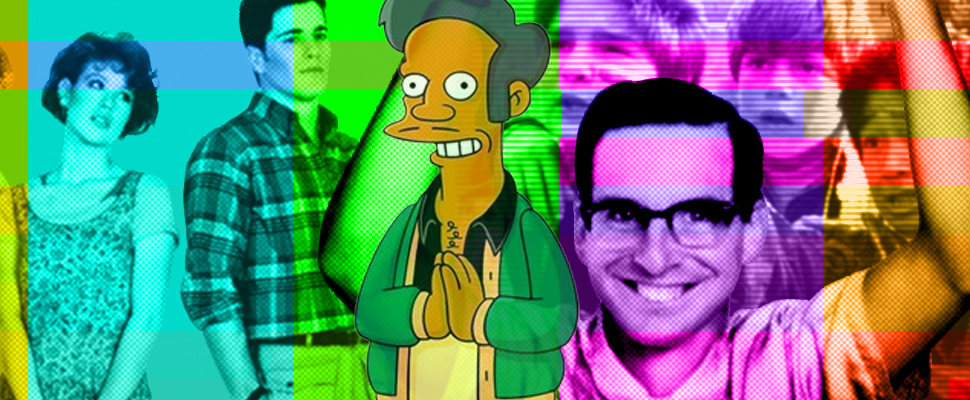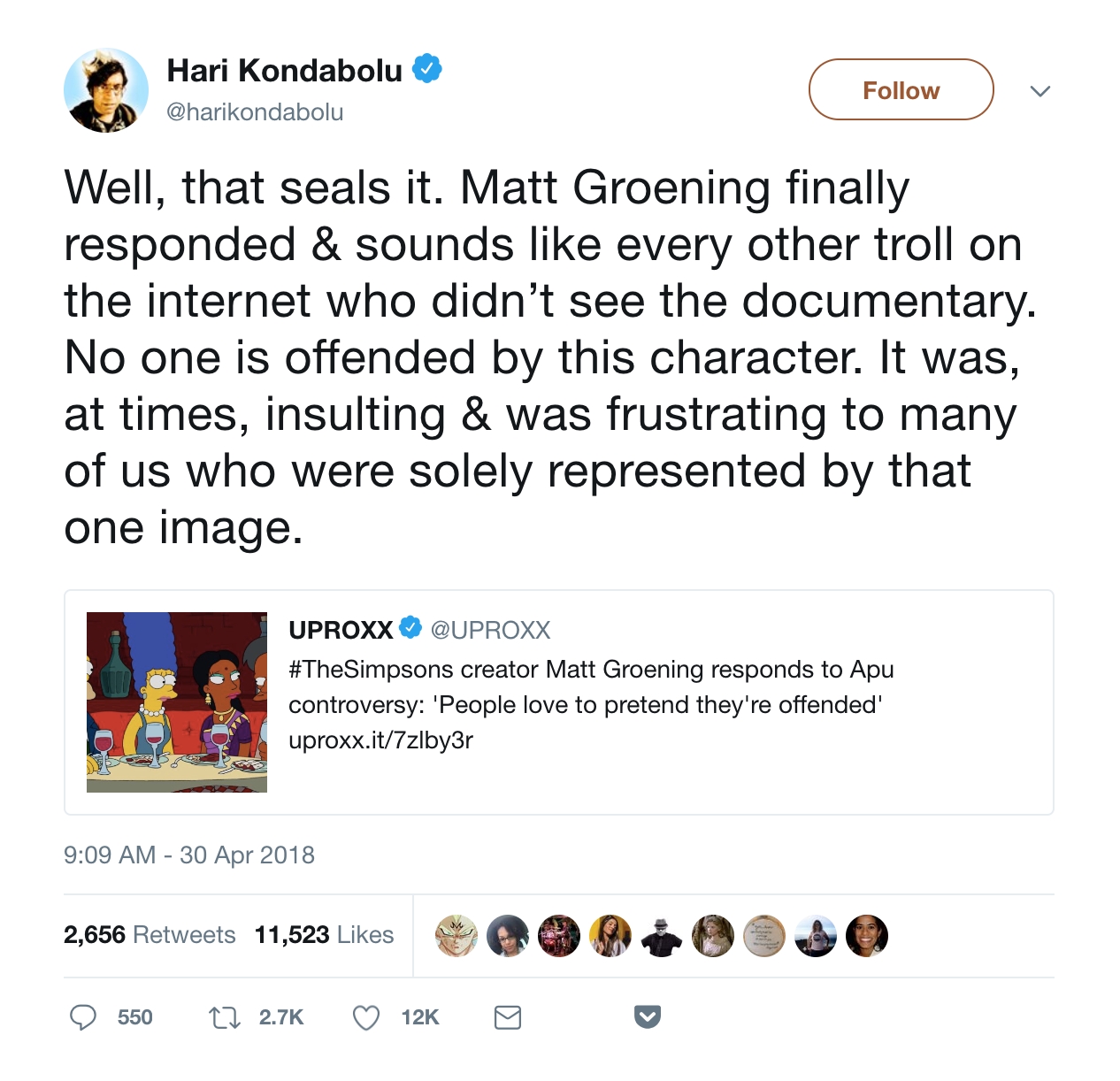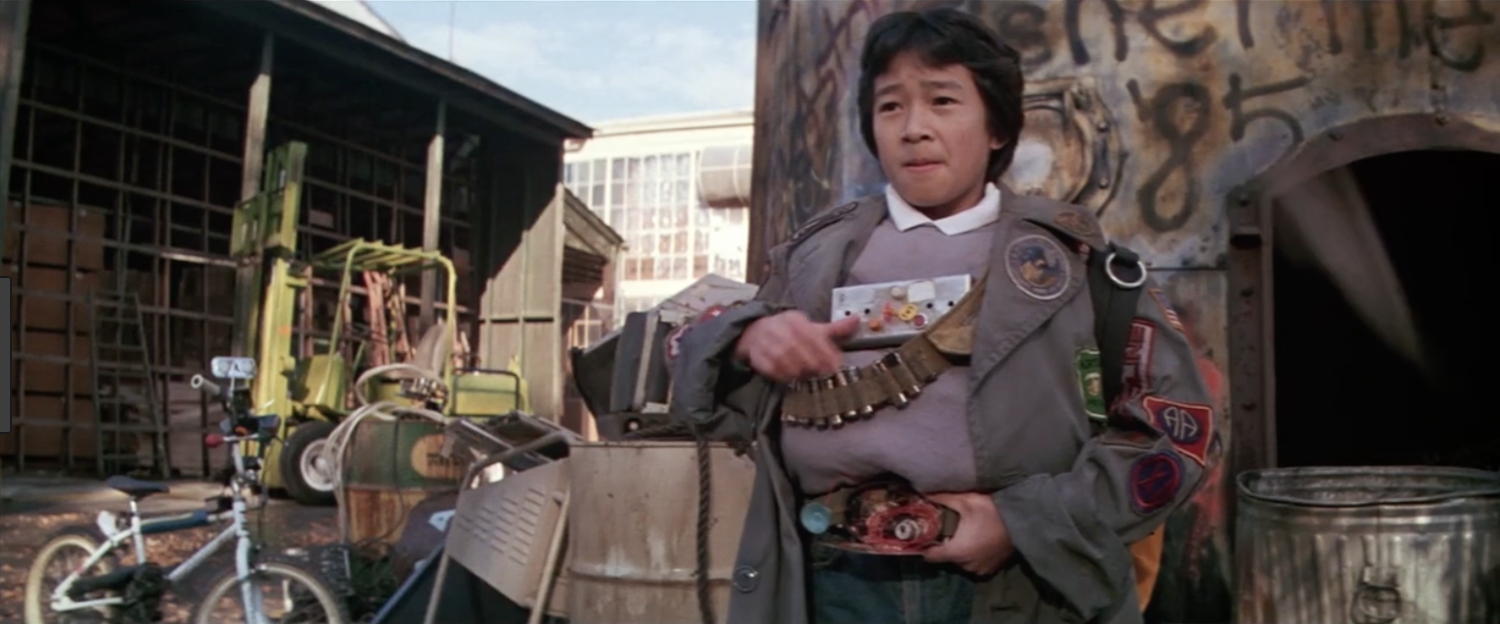
Imagine walking into a Hollywood boardroom in 2018 in hopes of selling a big summer comedy. It’s a classic David versus Goliath story — a crew of nebbish geeks outwits a gang of maniacal, grunting bullies. Your pitch goes well at first, until one of the execs wonders what sort of delightful hijinks ensue when the nerds and jocks face off.
You explain how the underdogs secretly film women naked, adding that they eventually sell “pies” (really just whipped cream) hiding an illegally taken photo of one of these women. The room goes silent and you pull another idea from the script.
“Also, one of the nerds has sex with a woman by wearing her boyfriend’s Halloween costume.”
The execs shift awkwardly in their seats.
“But it’s okay,” you assure everyone, “because it turns out the girl likes it.”
Is that sexual assault-filled movie getting made in 2018? I hope to god not. But thirty-five years ago that exact comedy was greenlit. In fact, it did well enough after its July 20, 1984 release to spawn sequels, a TV show, and plenty of revival talk.
Watch the movie in question — Revenge of the Nerds — today and you’re likely to cringe so hard you miss all the jokes. Having just seen it for this piece, I can say: It feels dated. That’s no surprise, it is dated. It was released the year LeBron James, Prince Harry, and Katy Perry were born. But does that mean you can’t think it’s funny? Should we push aside all the movies, books, and TV that fail to fit with our current societal norms? Do we burn Gone with the Wind and Adventures of Huckleberry Finn?
“I don’t necessarily think we need to dump our problematic past,” says Justina Ireland, a New York Times bestselling author who often speaks, writes, and Tweets about matters of race and gender in America. “I think a lot of times when we sanitize the past we overlook the bad parts and it becomes like ‘the good ol’ days’ ideology. But I do think we need to engage with the past in a way that’s realistic.”
For Ireland, that means thinking critically about art and placing it in a historical context. Though she (like many people starting conversations about creative work that fails our current cultural litmus tests) has been treated like some sort of neo-liberal killjoy, her take on what to do about our “problematic faves” is literally just a call for thoughtfulness.
“You can enjoy something and recognize that it has problems,” she explains. “Like I love buffalo chicken wings. They are not good for me. Buffalo wings are not good for anybody. No one should be eating those. But they’re so delicious, and I wanna eat them. And I wanna recognize when I eat them that they’re not good for me.”
Based on this scale, Revenge of the Nerds is a seriously over-sauced pile of wings. Of all the screwball 80s comedies, the problems are too problematic and the comedy not enduring enough for me to get over. Sometimes things fall by the wayside and for me, this movie has. Especially because I don’t remember loving it as a kid. I watched it, but it wasn’t something I quoted.
That’s not to say that I’m ready to ditch every movie with a cringey moment. There are comedies from the same era, some with similar problems, that I do want to continue enjoying — keeping in mind, as Ireland says, that “movies, they are so much a function of their day, time, year, etcetera. You can’t separate that from the movie itself.”
I was well into my thirties before I stopped considering verbally abusive men more interesting than the nice ones. I’m a little embarrassed to say that it took even longer for me to fully comprehend the scene late in “Sixteen Candles,” when the dreamboat, Jake, essentially trades his drunk girlfriend, Caroline, to the Geek, to satisfy the latter’s sexual urges, in return for Samantha’s underwear. The Geek takes Polaroids with Caroline to have proof of his conquest; when she wakes up in the morning with someone she doesn’t know, he asks her if she “enjoyed it.” (Neither of them seems to remember much.) Caroline shakes her head in wonderment and says, “You know, I have this weird feeling I did.” She had to have a feeling about it, rather than a thought, because thoughts are things we have when we are conscious, and she wasn’t.
This comes from Molly Ringwald’s recent essay in The New Yorker about the legacy of John Hughes and the filmmaker’s blind spots concerning race, gender, and consent. The piece applies the sort of context that Ireland advocates for to a few of Hughes’s creepy-feeling on-screen decisions — setting them in a certain time in history, focusing on the people they affected, and asking tough questions about how a male director portrayed female agency. The actress never bemoans working with Hughes (who died in 2009). In fact, she clearly carries fond memories of him. But that doesn’t preclude her from seeing his work through a critical lens.
This is an important point when it comes to dealing with outdated art: Are we being intellectually rigorous? Are we thinking critically? Are we examining our own biases and how they were influenced by the societal norms of the time?
“The problem is, is for a long time, the people defining what was canon were a bunch of straight white guys,” Ireland says. “They tended to favor things that privileged their perspective. Because even though Sixteen Candles is about a girl, it’s really not. It’s really about the men around this girl. There’s the nerd, who wants her underpants. There’s the hot boy who’s unachievable. There’s even the racist foreign exchange student. I would love for someone to go through and look at the number of speaking roles and how many times men get to speak as opposed to women in that movie. Because if you look at every other female character besides Molly Ringwald, they’re all a mess.”
The fact that straight white men defined the canon for so long explains why — as our culture wrestles with these issues — it’s straight white men who are in a panic. When you’ve enjoyed unchecked power for centuries, even questioning decades-old art seems to smack of censorship. This is a shame for a zillion reasons, but two of the big ones are the most obvious: 1) New, diverse voices and a deeper thoughtfulness about culture, gender, and sexuality clearly makes for better, more nuanced art and 2) considering that white men controlled the conversation for so long, it would be nice if we were introspective enough to help open it back up.

What’s lost when white men pretend that criticism equals censorship is the chance for genuine artistic growth. How quickly we forget that artists have always been forward thinkers and that the stories the creative community produces would surely become more potent if we allowed them to evolve. That’s what comedian Hari Kondabolu wanted when he made the documentary The Problem with Apu.
“I don’t want The Simpsons to just disappear,” he says. “I think it could be better, but I don’t think that’s a unique thing that Simpsons fans have said. Even predating this documentary, Simpsons fans were like, ‘It’s not as good as it used to be.’ And they’ve said that for years.”
Though The Problem with Apu was treated by people who didn’t see it (and onetime social justice warrior Lisa Simpson) as more fodder for the “the PC culture can’t take jokes”-brigade, it was actually the exact opposite. Kondabolu grew up loving The Simpsons and watching him wrestle with the issues that Apu’s character presents is the same as anyone else trying to put something they love in proper context. The big difference is that with the show in question still on TV, changes could feasibly be made.
“There’s a reason why I did The Simpsons,” Kondabolu explains. “It’s still alive, actively making episodes. So, it’s both a snapshot of 30 years ago and our thinking back then as well as an active participant in culture, right now. But you don’t get rid of it. You hope for something better, and if not, you create things that are more contemporary and relevant. That’s the way it’s always been.”
Here again, we see a creator from a marginalized group handling the matter with a deft touch and a propensity to give dated work the benefit of the doubt. Which makes The Simpson’s creator Matt Groening’s flippant “people love to pretend they’re offended” comments seem all the more wrong-headed, as yet another white male seems to conflate being questioned with suppression.
“As much as I hate the word ‘problematic,'” Kondabolu says, “if we were to read into it — it’s saying something has a problem. It doesn’t mean it’s awful, it doesn’t mean that it’s irrelevant, it doesn’t mean that it isn’t still good; it just means there’s a problem.”

In my experience, the boilerplate response from white men when concerns about outdated pieces of pop culture surface is an eye roll paired with some riff on the classic line: “I guess people can’t take a joke anymore.” It’s that dismissal that I can’t abide. My white/male/straightness has bestowed me with a certain degree of privilege and part of the responsibility of that privilege is a willingness to wade into tricky conversations. Besides, it’s fun to think about this stuff. Are you telling me that it’s cool to argue for hours about who Azor Ahai is, but a ten-minute discussion of race, gender, and shifting sensibilities before rewatching an 80s classic is somehow wasted time? Get out of here.
So that’s what I’ll be doing the next time my own “problematic fave” — The Goonies — comes on screen. Discussing it, fitting the piece into its historical moment in time, wondering what the hell One-Eyed Willy’s master plan was, and asking questions about the movie’s continued relevance in my life. If my final answer is, “Yes, I love this and feel like their treatment of Data — though clearly based in stereotypes — is affectionate enough for me to still have fun watching” then I’ll watch. It’s not exactly rocket science.
“Nothing is pure,” Ireland concludes. “It’s also really indicative of what we considered acceptable in the early 80s compared to what we consider acceptable now. I don’t think it’s fair to judge something from a hundred years ago by a modern standard, because you have to understand the place in which the art was created to understand the art.”
When I bring up my enduring love for The Goonies, Kondabolu echoes Ireland’s sentiment. “Just because something has an issue doesn’t mean it’s ruined. Data is a loved character. But there’s still an element that you have to acknowledge. This isn’t shocking for those of us who aren’t white.”
And it shouldn’t be shocking for those of us who are white, either. Because at some point, if you’re railing against even the littlest bit of critique over a movie, book, or show you love, the person it ultimately says the most about is you.






